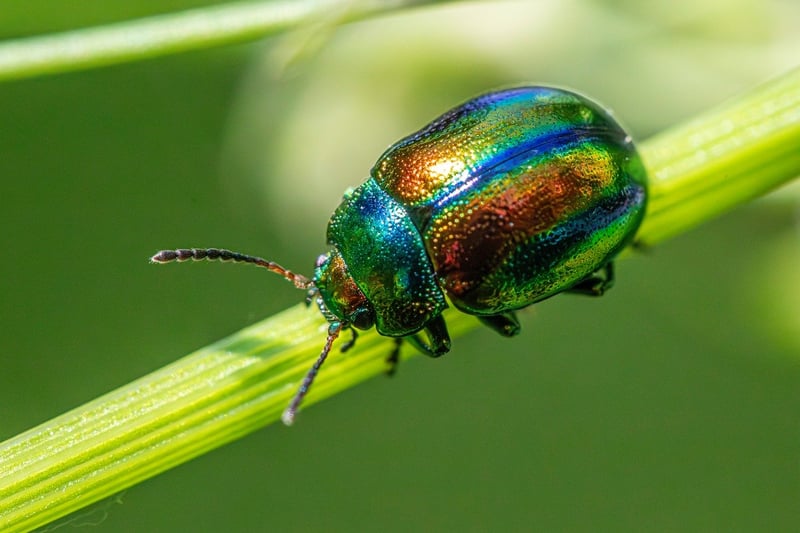Pest control methods
Taking Care of Vertical Gardens and Pest Control Methods
Introduction to Vertical Gardens
Vertical gardens are a creative way to maximize green space in urban areas or add a touch of nature to any environment. Whether indoors or outdoors, vertical gardens can enhance the aesthetic appeal of a space while providing numerous benefits such as improved air quality, temperature regulation, and noise reduction.
Caring for Your Vertical Garden
Proper maintenance is essential to ensure the health and longevity of your vertical garden. Here are some tips to help you care for your vertical garden:
1. Watering
Ensure your vertical garden receives adequate water by regularly checking the soil moisture levels. Water the plants as needed, making sure not to overwater or underwater.
2. Pruning and Trimming
Regularly prune and trim your plants to promote healthy growth and prevent overcrowding. Remove any dead or yellowing leaves to maintain the visual appeal of your vertical garden.
3. Fertilizing
Provide essential nutrients to your plants by fertilizing them according to their specific needs. Use organic fertilizers to avoid chemical buildup in the soil.
4. Inspecting for Pests and Diseases
Regularly inspect your vertical garden for signs of pests and diseases. Early detection can help prevent widespread infestations and damage to your plants.
Pest Control Methods for Vertical Gardens
Dealing with pests is a common challenge for vertical gardeners. Here are some eco-friendly pest control methods to protect your vertical garden:
1. Natural Predators
Encourage natural predators like ladybugs, lacewings, and birds to control pest populations in your vertical garden. Planting nectar-rich flowers can attract beneficial insects.
2. Neem Oil
Use neem oil, a natural insecticide, to deter pests such as aphids, mites, and caterpillars. Dilute the oil with water and spray it on the affected plants.
3. Homemade Remedies
Create homemade pest control solutions using ingredients like garlic, chili pepper, or soap to repel common garden pests. These remedies are safe for plants and the environment.
4. Companion Planting
Utilize companion planting techniques to naturally repel pests and attract beneficial insects. For example, planting marigolds can deter nematodes and other harmful pests.
Conclusion
By following these care tips and implementing effective pest control methods, you can maintain a thriving vertical garden that enhances your living or working space. Embrace the beauty of vertical gardening while creating a sustainable and pest-free environment.


